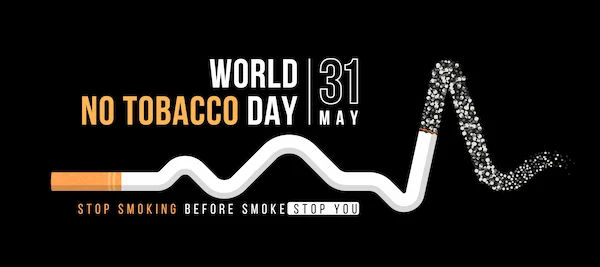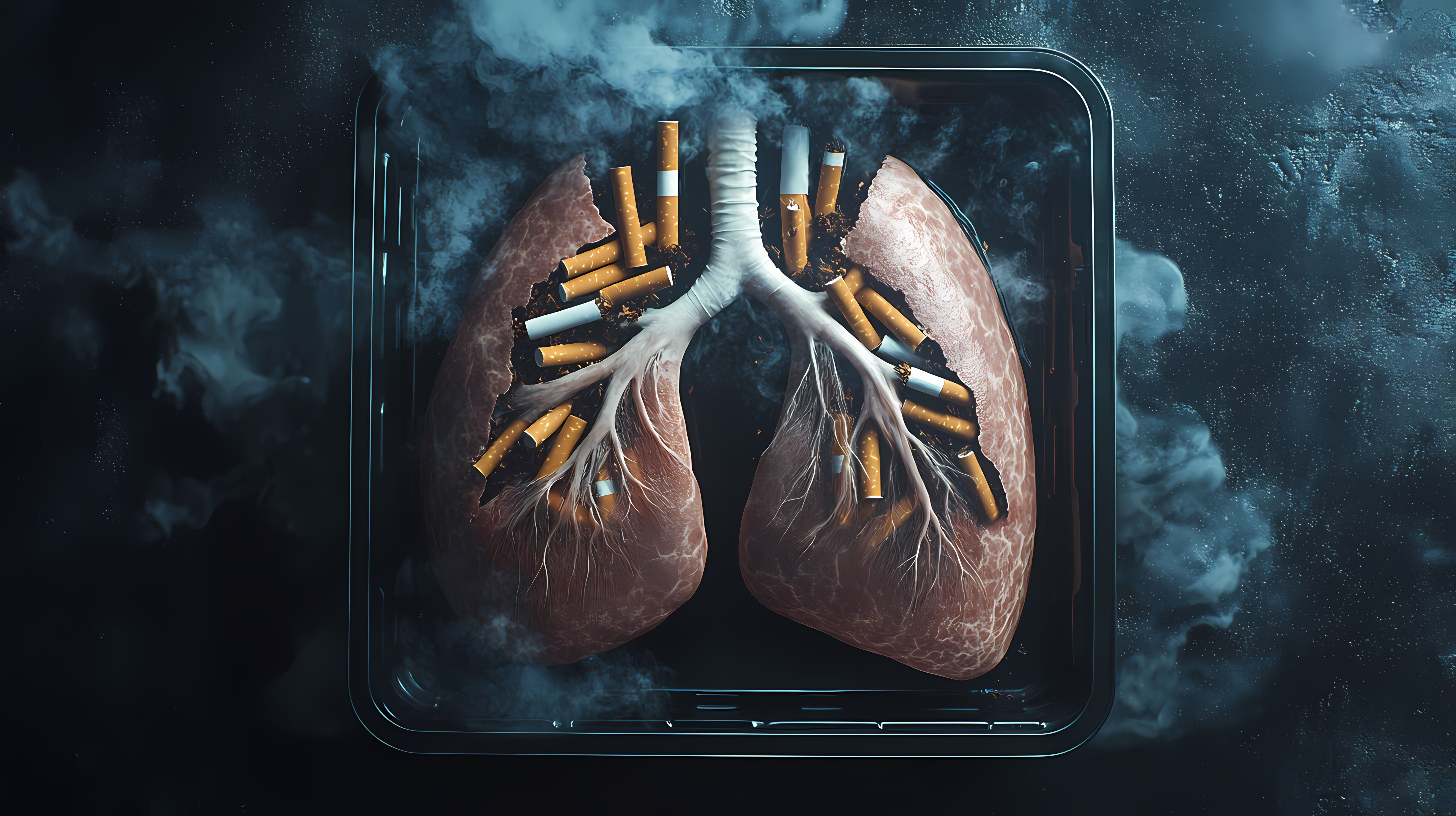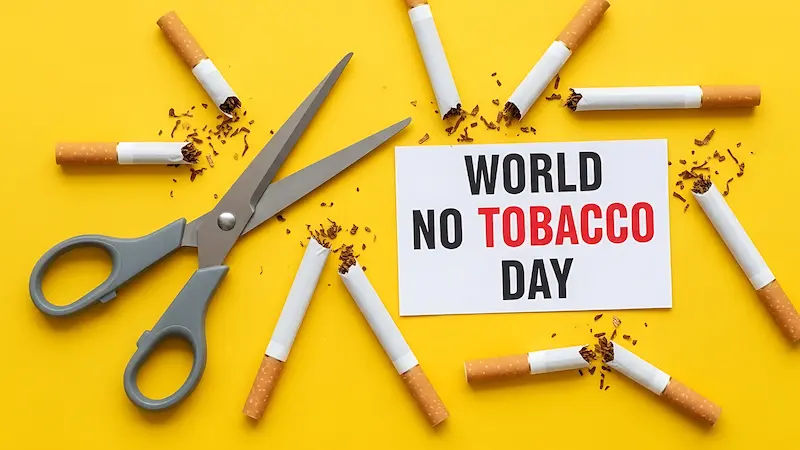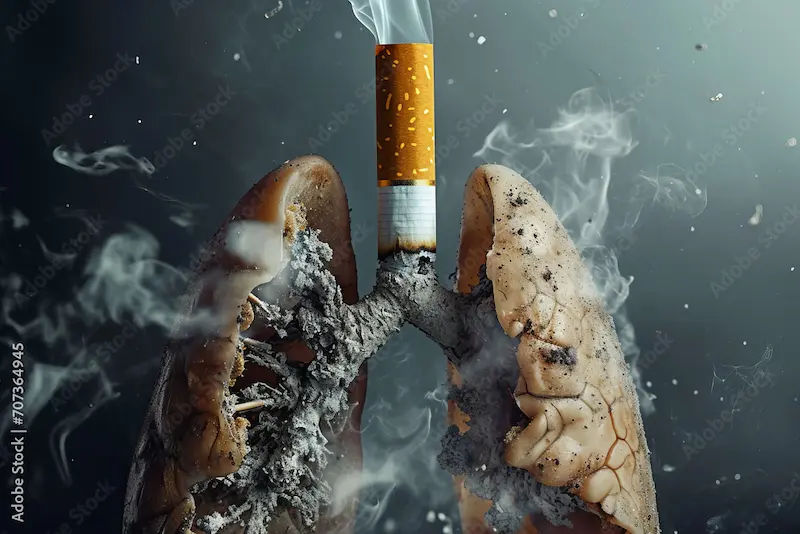The Essential Guide regarding Smoking before Anaesthesia: Risks & Recovery
Discover how smoking affects anaesthesia, surgery risks, and recovery. Learn why quitting, even briefly, can improve safety and healing.

Introduction
Facing surgery can be daunting, and if you're a smoker, you likely have specific concerns about how your habit interacts with anaesthesia. It's a crucial topic that goes beyond a simple "it's bad for you." Understanding the direct relationship between smoking and anaesthesia is key to ensuring your safety, minimising complications, and promoting a smoother recovery. This comprehensive guide will walk you through the science, the risks, and the powerful benefits of taking proactive steps before your procedure. We'll cover everything from the physiological changes smoking causes to the exact conversations you need to have with your medical team.
How Smoking Complicates Anaesthesia: The Science Explained
Smoking tobacco introduces a host of chemicals into your body that directly interfere with the delicate balance anaesthetists must maintain during surgery. It's not just about lung health; it affects your entire system's response to the stress of an operation.
The Impact on Your Lungs and Breathing
Your lungs are the primary gateway for anaesthetic gases, and smoking significantly compromises their function. The tar and irritants in cigarette smoke cause chronic inflammation and excess mucus production. This leads to a narrowed airway, making it harder for you to breathe even on a normal day. Under anaesthesia, this becomes a major risk. The breathing tube placed in your windpipe can trigger severe spasms in an already irritated airway, a condition known as bronchospasm. This can lead to dangerously low oxygen levels during the procedure. Furthermore, smokers are more susceptible to post-operative pulmonary complications like pneumonia and lung collapse because their lungs are less effective at clearing secretions.
The Strain on Your Heart and Circulation
Nicotine is a powerful stimulant that increases your heart rate and blood pressure. Anaesthesia itself causes cardiovascular fluctuations. When combined, the anaesthetist has a much harder time stabilising your vital signs. More critically, carbon monoxide from cigarette smoke binds to your red blood cells 200 times more strongly than oxygen, reducing your blood's oxygen-carrying capacity. For tissues trying to heal after surgery, this oxygen deprivation is a significant problem. This cardiovascular risk is a primary reason why smokers have a higher rate of heart attacks during and after surgery.
Impaired Healing and Increased Infection Risk
The risks of smoking before surgery extend far beyond the operating theatre into your recovery. Smoking constricts blood vessels, reducing blood flow to the surgical site. This means fewer immune cells and less oxygen reach the wound, drastically slowing down the healing process. A poorly healed wound is more prone to falling apart (dehiscence) and becoming infected. Studies consistently show that smokers have a significantly higher rate of post-surgical infections compared to non-smokers.
The Pre-Surgery Timeline: When and Why to Quit Smoking
The single most effective thing you can do to improve your surgical outcome is to quit smoking. But when is the best time?
The Gold Standard: Quitting 8 Weeks Before Surgery
Research indicates that quitting smoking at least 8 weeks before your operation significantly reduces your risk of complications to a level closer to that of a non-smoker. This timeframe allows your body to make substantial repairs. Cilia (tiny hair-like structures) in your lungs begin to recover, improving your ability to clear mucus. Inflammation decreases, and your immune system function improves. This period also allows nicotine and carbon monoxide to leave your system, normalising your heart function and blood oxygen levels.
Consult Top Specialists for Personalised Tips
Even 24-48 Hours Makes a Difference: The Carbon Monoxide Effect
If quitting months in advance isn't possible, don't despair. Even stopping for 24 to 48 hours before anaesthesia provides a crucial benefit: it clears carbon monoxide from your blood. This allows your blood to carry more oxygen, which is vital for your vital organs during surgery. Inform your anaesthetist about your last cigarette, as this information is critical for their planning.
What to Do If You Can't Quit Completely
Be honest with your doctor. They understand that quitting is challenging. Cutting down is still beneficial. They can connect you with resources like smoking cessation programmes, nicotine replacement therapy (patches, gum), or medications. It's essential to discuss the use of any nicotine products with your surgeon and anaesthetist, as they can advise on the safest approach leading up to your surgery. If you need support to quit, consulting a doctor online with Apollo24|7 can provide a discreet and convenient way to create a cessation plan tailored to your surgery date.
The Day of Surgery: What to Tell Your Anaesthetist
Absolute honesty is non-negotiable. Your anaesthetist is not there to judge you; they are there to keep you safe. You must clearly disclose:
- That you are a smoker.
- How much you smoke and what you smoke (cigarettes, vaping, etc.).
- The date and time of your last cigarette.
Withholding this information is incredibly dangerous. It prevents your anaesthetist from making necessary adjustments to the anaesthetic drugs and dosages and from being prepared for potential complications like airway spasms.
The Recovery Phase: How Smoking Affects Your Healing
The challenges don't end when you wake up. Smoking continues to impact your post-operative recovery.
Pain Management Challenges for Smokers
Interestingly, smokers often experience more post-surgical pain and may require higher doses of pain medication. Nicotine can interfere with the effectiveness of some painkillers, and the body's stress response in a smoker can heighten pain perception.
Risks of Blood Clots and Pneumonia
Due to poorer circulation and increased blood stickiness, smokers have a higher risk of developing dangerous blood clots (deep vein thrombosis). Combined with weakened lungs, the risk of developing pneumonia after surgery is also substantially higher. Staying immobile after an operation exacerbates these risks.
A Brighter Outlook: The Benefits of Stopping for Surgery
Viewing surgery as a catalyst to quit can be powerful. The benefits are immediate and profound:
- Reduced Complications: Lower risk of heart, lung, and wound problems.
- Smoother Anaesthesia: Easier airway management and stable vital signs.
- Faster Recovery: Better healing, less pain, and a shorter hospital stay.
- Long-Term Health Gain: Using the operation as a starting point for a smoke-free life is the ultimate health victory.
Conclusion: Your Health, Your Surgery, Your Choice
The evidence is clear: smoking and anaesthesia are a high-risk combination. However, you have the power to change this narrative. By understanding the risks and taking proactive steps—whether it's quitting months in advance or even just for a day—you actively participate in your own safety and recovery. The most important actions are to have an open, honest conversation with your surgical team and to use the opportunity to make a positive change for your health. Your body's ability to heal and withstand the stress of surgery is significantly enhanced without the burden of tobacco.
Consult Top Specialists
Consult Top Specialists for Personalised Tips

Dr. Amrutha G
General Physician/ Internal Medicine Specialist
10 Years • MBBS,DNB(family medicine), Diabetologist-CCEBDM,CCGDM
Bengaluru
Apollo Clinic, Sarjapur Road, Bengaluru

Dr. Anand Ravi
General Physician
2 Years • MBBS
Bengaluru
PRESTIGE SHANTHINIKETAN - SOCIETY CLINIC, Bengaluru

Dr. Sunil Kaul
General Surgeon
30 Years • MBBS, MS, FICS, FIMSA, FMAS
Delhi
Apollo Hospitals Indraprastha, Delhi
(25+ Patients)

Prof Dr Pawanindra Lal
Minimal Access/Surgical Gastroenterology
31 Years • MS, DNB, FCLS, FRCS(Ed,Glasg,Eng,Irel), FACS, FAMS, FFSTEd
Delhi
Apollo Hospitals Indraprastha, Delhi
(100+ Patients)

Dr. Aparna Bhasker
Bariatrician
18 Years • MBBS MS
Mumbai
Apollo Hospitals CBD Belapur, Mumbai
Consult Top Specialists

Dr. Amrutha G
General Physician/ Internal Medicine Specialist
10 Years • MBBS,DNB(family medicine), Diabetologist-CCEBDM,CCGDM
Bengaluru
Apollo Clinic, Sarjapur Road, Bengaluru

Dr. Anand Ravi
General Physician
2 Years • MBBS
Bengaluru
PRESTIGE SHANTHINIKETAN - SOCIETY CLINIC, Bengaluru

Dr. Sunil Kaul
General Surgeon
30 Years • MBBS, MS, FICS, FIMSA, FMAS
Delhi
Apollo Hospitals Indraprastha, Delhi
(25+ Patients)

Prof Dr Pawanindra Lal
Minimal Access/Surgical Gastroenterology
31 Years • MS, DNB, FCLS, FRCS(Ed,Glasg,Eng,Irel), FACS, FAMS, FFSTEd
Delhi
Apollo Hospitals Indraprastha, Delhi
(100+ Patients)

Dr. Aparna Bhasker
Bariatrician
18 Years • MBBS MS
Mumbai
Apollo Hospitals CBD Belapur, Mumbai
More articles from Smoking Cessation
Frequently Asked Questions
Can I smoke the morning of my surgery?
What about vaping before anaesthesia?
How does smoking affect local anaesthesia?
Will my surgery be cancelled if I smoke?
How long after surgery should I wait to smoke?
You should wait as long as possible, ideally forever. Smoking immediately after surgery constricts blood vessels precisely when your body needs maximum blood flow for healing. It also increases coughing, which can be painful and may strain your incision. Use the recovery period as a clean break.



_0.webp)
